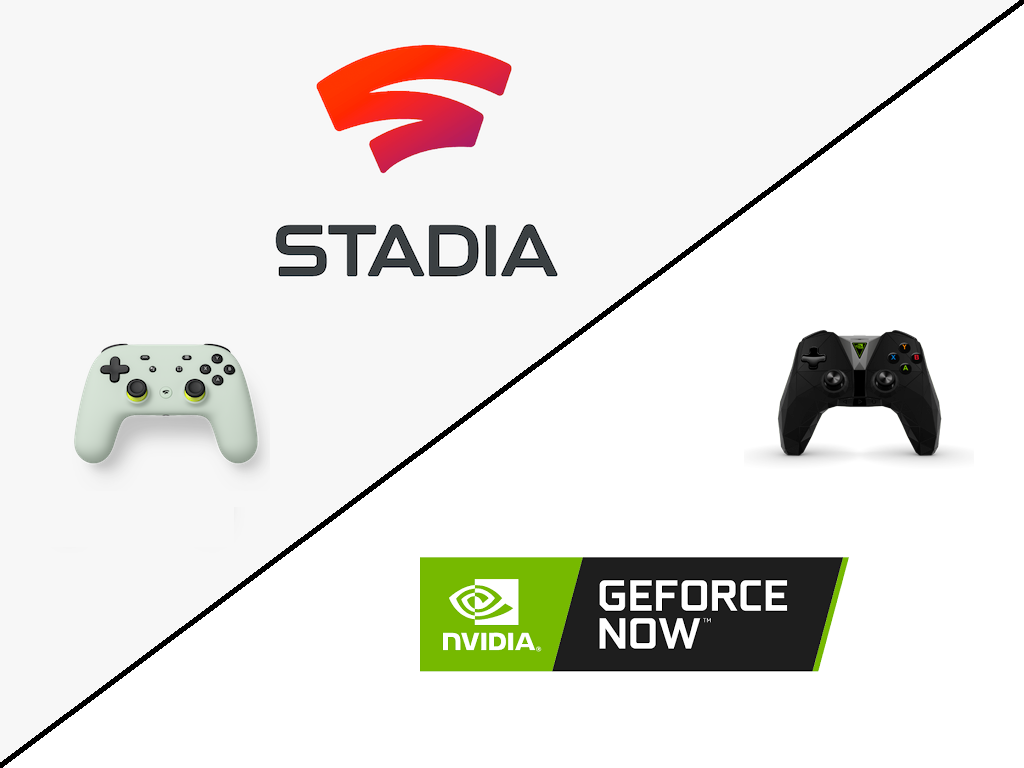The landscape of game development has evolved dramatically over the past few decades, driven by technological advancements, shifting consumer preferences, and the relentless pursuit of innovation. Game developer companies have emerged as leaders in this dynamic field, not only creating immersive entertainment experiences but also pushing the boundaries of technology and creativity. This article delves into the key players in the industry, their innovative practices, and the impact they have on the gaming ecosystem.
Understanding the Game Development Ecosystem
The game development ecosystem is multifaceted, comprising various stakeholders, including developers, publishers, hardware manufacturers, and consumers. According to a report by Newzoo, the global games market is expected to generate over $200 billion in revenue by 2023, with mobile gaming accounting for nearly half of this figure (Newzoo, 2023). This growth is fueled by advancements in technology, such as cloud gaming, augmented reality (AR), and virtual reality (VR), which have transformed how games are developed and consumed.
Key Players in Game Development
Several companies have established themselves as leaders in the game development industry, each contributing uniquely to the innovation landscape. Notable examples include:
1. Epic Games
Epic Games, the creator of the Unreal Engine, has been at the forefront of game development technology. The Unreal Engine is widely regarded as one of the most powerful game engines available, enabling developers to create stunning graphics and complex gameplay mechanics. In 2021, Epic Games reported that over 7 million developers were using Unreal Engine, a testament to its widespread adoption (Epic Games, 2021).
Moreover, Epic Games has pioneered the concept of cross-platform play, allowing players to engage with each other across different gaming systems. This innovation has not only enhanced user experience but has also set a new standard for multiplayer gaming.
2. Valve Corporation
Valve Corporation is another titan in the gaming industry, known for its digital distribution platform, Steam. Launched in 2003, Steam has revolutionized how games are purchased and played, boasting over 120 million active users as of 2022 (Valve, 2022). The platform has also fostered a vibrant community of developers and gamers, facilitating user-generated content and modding.
Valve’s commitment to innovation is evident in its development of the Source engine, which powers popular titles like Half-Life 2 and Counter-Strike: Global Offensive. The company has also ventured into hardware with the Steam Deck, a handheld gaming device that allows users to play their Steam library on the go.
 Valve’s Steam Deck redefines portable gaming for Steam users.
Valve’s Steam Deck redefines portable gaming for Steam users.
3. Activision Blizzard
Activision Blizzard is a powerhouse in the gaming industry, known for franchises like Call of Duty and World of Warcraft. The company has consistently pushed the envelope in terms of game design and monetization strategies. For instance, the introduction of seasonal content and battle passes has redefined how games are monetized, creating ongoing revenue streams while keeping players engaged.
In 2021, Activision Blizzard reported a staggering $8.1 billion in revenue, with a significant portion coming from in-game purchases (Activision Blizzard, 2021). This model has influenced many other developers, leading to a shift in how games are designed and marketed.
Innovative Technologies Shaping Game Development
As the gaming industry continues to evolve, several technologies are playing a pivotal role in shaping the future of game development:
1. Cloud Gaming
Cloud gaming has emerged as a game-changer, allowing players to stream games directly to their devices without the need for high-end hardware. Services like Google Stadia and NVIDIA GeForce Now have made it possible for gamers to access AAA titles on low-spec devices. According to a report by MarketsandMarkets, the cloud gaming market is projected to grow from $1.15 billion in 2021 to $8.16 billion by 2026, at a CAGR of 48.2% (MarketsandMarkets, 2021).

2. Augmented Reality (AR) and Virtual Reality (VR)
AR and VR technologies have opened new avenues for immersive gaming experiences. Companies like Oculus (owned by Meta Platforms) and HTC Vive are leading the charge in VR hardware, while games like Pokémon GO have demonstrated the potential of AR in engaging players in real-world environments. The global AR and VR gaming market is expected to reach $300 billion by 2024, driven by advancements in hardware and software (Statista, 2023).
3. Artificial Intelligence (AI)
AI is increasingly being integrated into game development, enhancing everything from NPC behavior to procedural content generation. Companies like Ubisoft are leveraging AI to create more realistic and responsive game worlds. In a study conducted by the International Journal of Computer Games Technology, it was found that AI-driven NPCs can significantly enhance player engagement and satisfaction (IJCGT, 2022).
The Role of Indie Developers
While major studios dominate the market, indie developers play a crucial role in fostering innovation and creativity. Titles like Hollow Knight and Celeste have garnered critical acclaim and commercial success, often pushing the boundaries of traditional game design. According to a report by the Indie Game Developer Network, indie games accounted for approximately 30% of the total game market in 2022 (IGDN, 2022).
Indie developers often experiment with unique gameplay mechanics and storytelling techniques, contributing to a diverse gaming landscape. Platforms like Steam and itch.io have provided these developers with the tools to reach a global audience, further democratizing game development.
Challenges and Future Directions
Despite the rapid advancements in game development, the industry faces several challenges. Issues such as crunch culture, diversity in game design, and the environmental impact of gaming are increasingly coming to the forefront. Companies are being called upon to adopt more sustainable practices and create inclusive environments for both developers and players.
Moreover, as technology continues to evolve, developers must stay ahead of the curve. The integration of blockchain technology and NFTs in gaming is a hot topic, with potential implications for ownership and monetization. However, this also raises ethical questions about the environmental impact of blockchain and the potential for exploitation in the gaming community.
Conclusion
Game developer companies are at the forefront of innovation and entertainment, shaping the future of the gaming industry through technological advancements and creative storytelling. As the market continues to grow, these companies must navigate challenges while embracing new opportunities for innovation. The interplay between major studios and indie developers will continue to drive diversity and creativity in game design, ensuring that the gaming landscape remains vibrant and engaging for years to come.
In summary, the key takeaways from this exploration of game developer companies include the importance of innovation in driving industry growth, the role of emerging technologies like cloud gaming and AI, and the significant contributions of indie developers in shaping the gaming ecosystem.
FAQ
1. What are the leading game developer companies?
Some of the leading game developer companies include Epic Games, Valve Corporation, and Activision Blizzard, each known for their innovative contributions to the industry.
2. How is technology impacting game development?
Technological advancements such as cloud gaming, AR/VR, and AI are transforming how games are developed and played, enhancing user experiences and expanding market reach.
3. What role do indie developers play in the gaming industry?
Indie developers contribute significantly to the gaming landscape by introducing unique gameplay mechanics and storytelling techniques, often pushing the boundaries of traditional game design.
4. What are the challenges facing the gaming industry?
The gaming industry faces challenges such as crunch culture, diversity issues, and the environmental impact of gaming, necessitating a shift towards more sustainable practices.
5. What is the future of game development?
The future of game development will likely involve continued innovation in technology, a focus on inclusivity and sustainability, and the exploration of new monetization models such as blockchain and NFTs.

